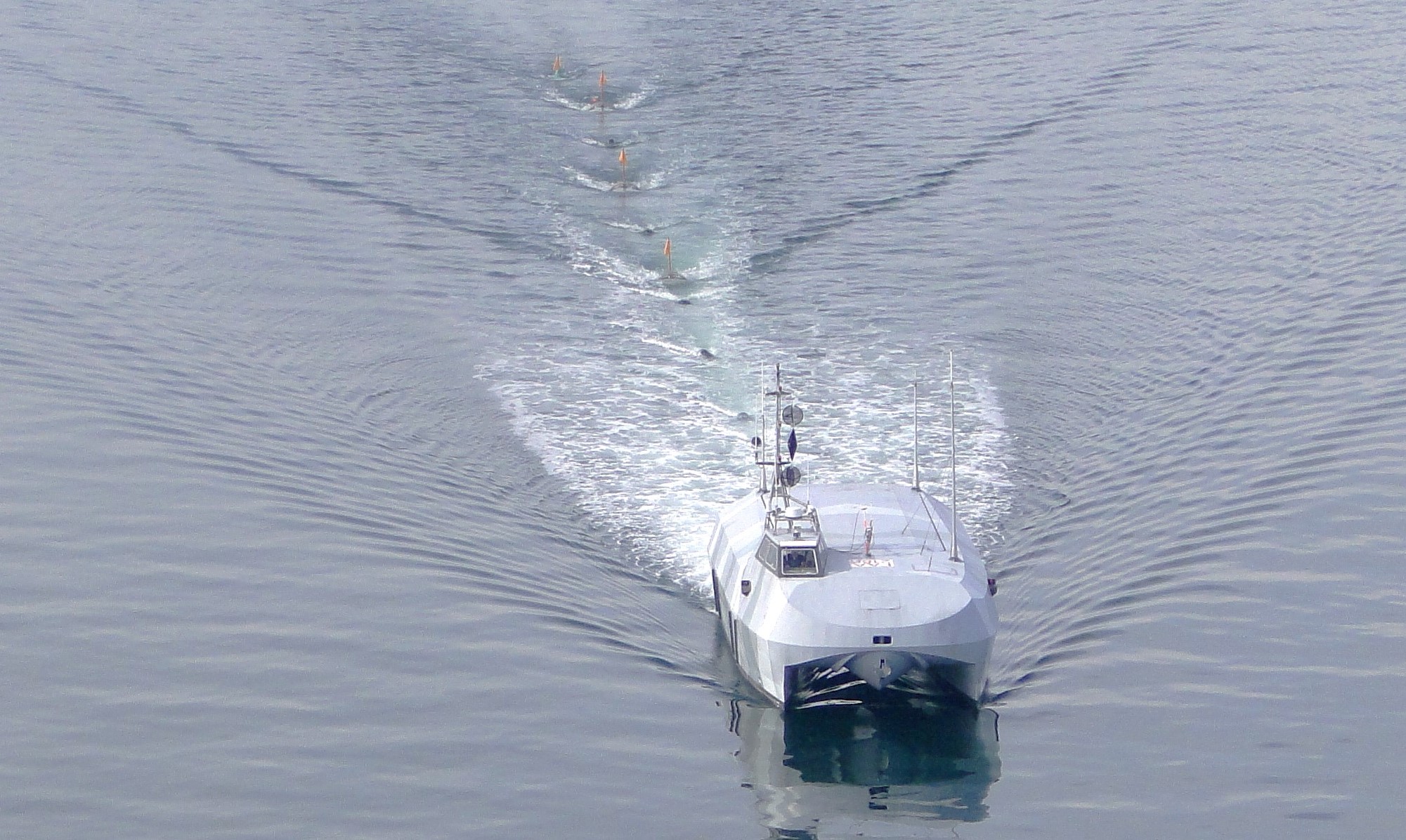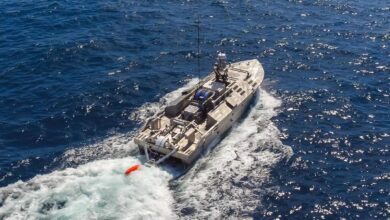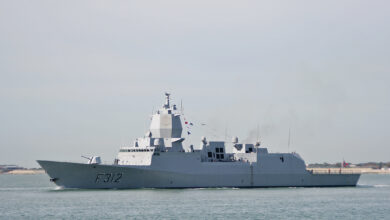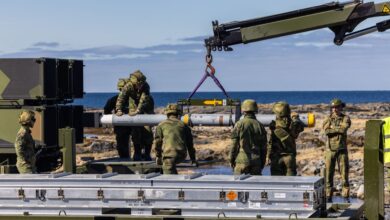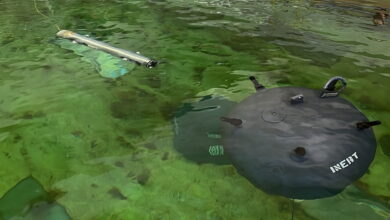Europe Launches Third Phase of Next-Gen Minesweeping Capability
The European Defence Agency has launched the 9.2-million-euro ($10 million) third phase of the Modular Lightweight Minesweeping Next Generation project.
It aims to demonstrate the use of modular lightweight minesweeping in an operational environment and further raise the technological readiness level of relevant systems.
Previous phases (2011-2014 and 2018-2021) saw the development of technology demonstrators and the concept’s feasibility.
Live Demonstrations in 2026
Live demonstrations in sea trials are expected in summer 2026 in Norway, including operational assessment and technological and conceptual evaluations.
“During the demonstration all systems will be controlled from a command center on land, without personnel in the mine danger area,” the European Defence Agency explained in a press release.
“In the build up to the demonstration, the project will also address operational use, procedures, command and control principles, concept of operations and functional requirements.”
Next-Gen European Mine Countermeasure
The Norway-led project seeks to replace Europe’s legacy maritime minesweeping capabilities with those based on modular, autonomous, and remotely operated systems.
Other members of the project include Belgium, Germany, France, Finland, and Poland.
Currently, the four-decade-old Tripartite-class of minehunters is spearheading the mine countermeasures operations of France, Belgium, and the Netherlands.
Legacy Systems
France inducted the A27 uncrewed underwater vehicles as an interim replacement for the eight Tripartite-class minesweepers in 2012.
The A27 is scheduled for decommissioning in 2026, with replacement scheduled three years later in the form of the next-generation A18 autonomous underwater vehicles.
Meanwhile, Belgium and the Netherlands are jointly building 12 new auxiliary ships to replace their respective Tripartite fleets equipped with mine clearance drones.
Ship construction is expected to be completed in 2032.

